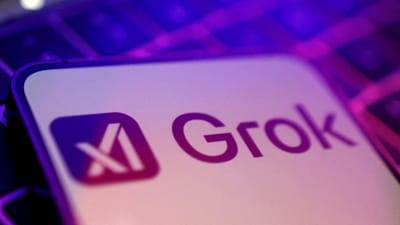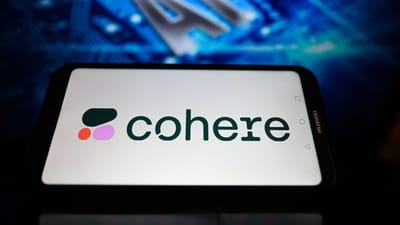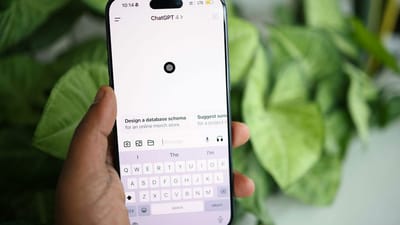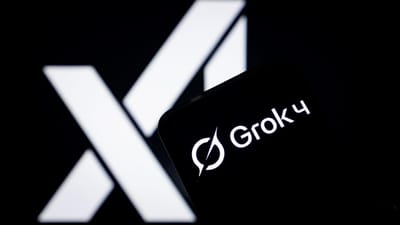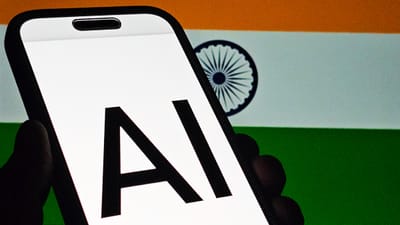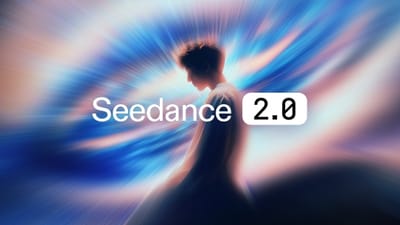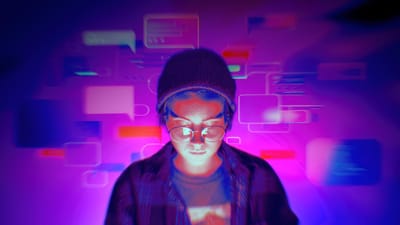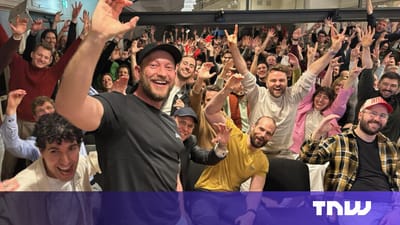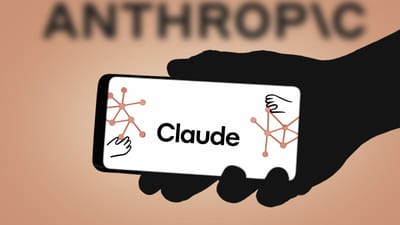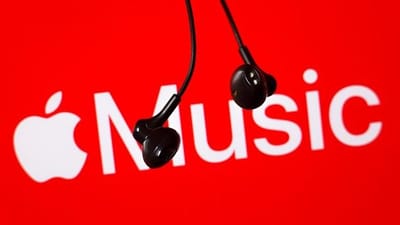
Apple Music Adds AI Playlist Tool and Live Events Feature
Apple Music is rolling out two major upgrades in its latest iOS update: a new AI‑driven playlist creator called Playlist Playground and a Live Events hub for upcoming gigs. Playlist Playground, currently in beta, lets users generate 25‑track playlists from text prompts or a selection of at least ten songs, and it works on devices without Apple Intelligence. The Live Events feature will surface local concerts within the app, resembling Spotify’s similar offering. Both updates aim to broaden music discovery and personalize the listening experience.
